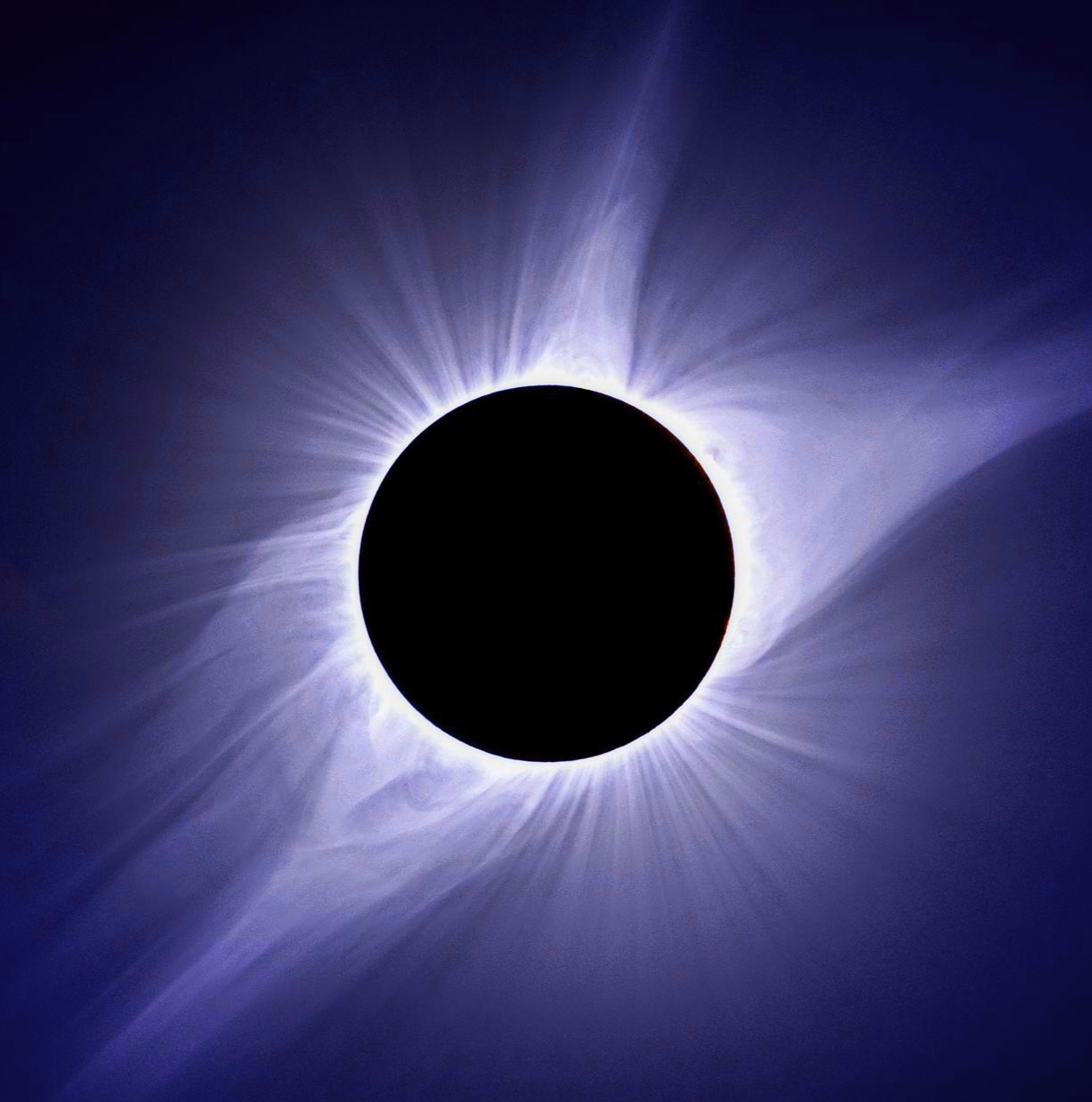From my POV on Earth, I hope it happens in my lifetime.
I don’t plan on dying (not much choice in the matter anyway, as a tentative believer in the quantum immortality clause of the many worlds theory), so I’m looking forward to it regardless. However, I would love to share the experience with my family, so if it goes off in the span of a typical lifetime from now, that’s even better.
Good, I hate waiting.
Dr. Becky had a great segment about this in her video yesterday!
While this is far from definitive, as stated in the article, it sure is damned exciting. Never mind solar eclipses, when was the last time a supernova was visible to the naked eye? I’ve read estimates that when Betelgeuse goes off, it might be bright enough to be visible during the daytime. That’s wild.
can someone explain if the light of its supernova will reach us in our lifetime?
According to google it’s 642 Light years away. As in, it takes 642 years until the light reaches us. So you probably won’t live to see it.
I wonder how wildlife will react to having a second light in the night sky.
How bright will it be? Will we lose complete darkness at night? That would be a huge bummer.
Moths will be vexed.
That’s a super interesting question. The most recent supernova in our galaxy was Kepler’s Star in the early 1600s. However, that supernova was over 20,000 lightyears away. This one will be over 33 times closer and, assuming a similar luminosity of the explosion, 1100 times brighter (due to 1/r^(2))
Kepler’s Supernova had an apparent magnitude of about -2.5, so Betelgeuse’s supernova will be about
-5.5(According to wikipedia, it’s expected to be -12.4) For reference, the moon is -12.7, and the sun is -27. So it will be a bright boy.I do not know if wildlife reacted much to the Kepler Supernova, but it is possible. You might be able to find records on the fact if you go digging.
Thanks for the explanation, it is very clear. I am ready for Moon 2.0
Wow, I haven’t clicked on a source with literal pages of straight math equations in a long time. Really gives some good perspective on the difficulty of astronomy.
I really don’t like how science communication is typically done, which is all of the math is stripped out, and all the ideas are told as if they were thought experiements, and it makes it easy to get the impression that what scientists do all day is just think abstractly about stuff.
So that’s why I linked the preprint directly. Just note that this is a preprint, and it hasn’t yet been peer-reviewed, and, of course, not all of the work is shown in any article, even a scientific one.
As someone in a scientific field, I really appreciate an actual paper making it to the front page! Thanks for posting!
(also my very first comment on my beehaw 😎)








